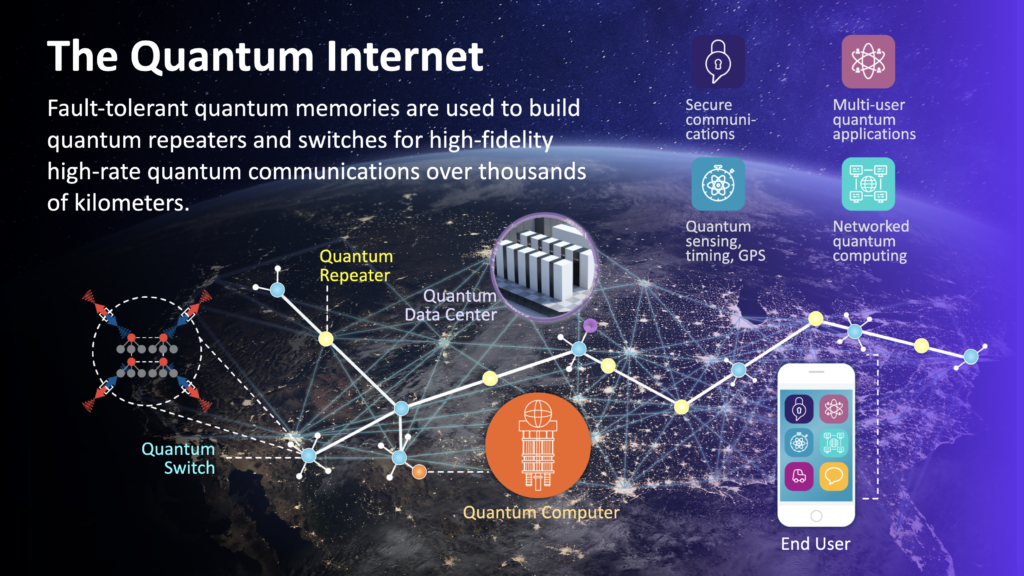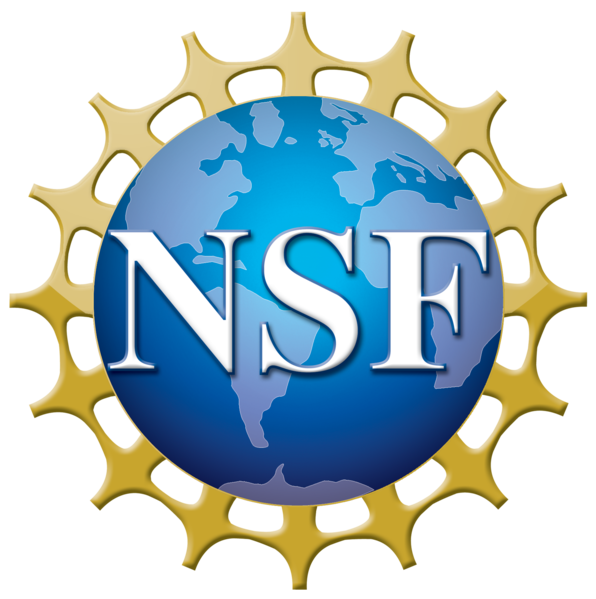The Center for Quantum Networks was funded by NSF grant 1941583 in September 2020. As a Generation-4 ERC, the Center focuses on four foundational components:
Engineering Workforce Development
Diversity and Culture of Inclusion
Mission
Building the Quantum Internet

Vision
The Center for Quantum Networks will play a pivotal role in developing the quantum Internet similar to that of ARPANET for today’s Internet. CQN’s research will lay the foundations for a socially responsible quantum Internet that will spur new technology industries and a competitive marketplace of quantum service providers and application developers.
Technical Goals
CQN is a full-stack quantum networking program that brings together experts with diverse backgrounds to develop theoretical research and critical components in the entire stack of device and subsystem technologies to realize the vision of a scalable quantum Internet. CQN’s research focus is on building a quantum communication infrastructure supported by fault-tolerant quantum repeaters and routers. CQN’s research and development spans:
- the physics of new materials for quantum memories and photon-matter qubit-conversion interfaces,
- integrated photonic devices for scalable entanglement sources and for quantum manipulation of light,
- quantum error correction for physical-layer quantum encoding and entanglement distillation,
- network-layer protocols to serve a variety of user- and application-driven needs of quantum communications for distributed computing, sensing and communications,
- including a capability for serving many applications simultaneously.
Educational Goals
CQN aspires to become an idea-generation hub and epicenter driving the maturation of the new discipline of Quantum Information Science and Engineering (QISE). CQN’s closely intertwined research and educational missions will prepare the quantum-trained engineering workforce of the 21st century.
Funding
With the University of Arizona serving as the lead institute and host, the center will be funded with an initial five-year, $26 million grant, which may be renewed for an additional five years in 2025. The Center includes Harvard, MIT, and Yale as core university partners, with six other universities also contributing research: BYU, University of Chicago, Howard University, University of Oregon, University of Massachusetts (Amherst), and Northern Arizona University.

